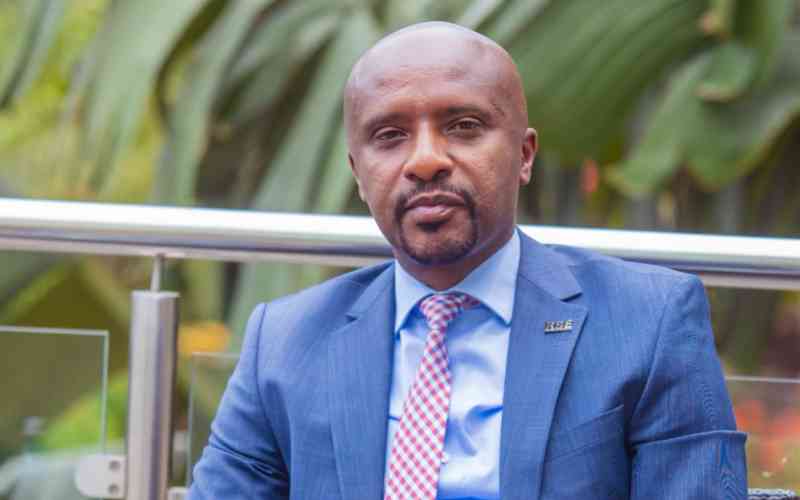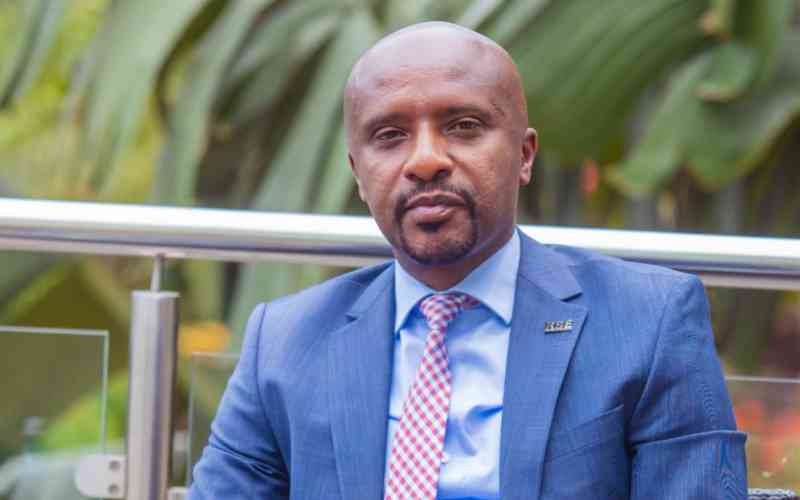
East Africa’s financial markets are poised for a new phase of transformation following the Rwanda Stock Exchange's (RSE) plan to launch the Green Exchange Window (GEW), the first dedicated platform for green, social and sustainability-linked investments on the continent.
The GEW represents an opportunity to access a credible and high-standard platform that aligns with international disclosure norms while serving Africa’s development priorities, for regional investors, particularly in Uganda, Kenya, and Tanzania.
The move also complements the growing policy interest in sustainable investing among East African regulators and pension funds.
Experts believe that this could help unlock new sources of funding for regional economies.
As global investors increasingly prioritise sustainability, East Africa stands to benefit from increased liquidity and cross-border capital flows.
Bob Karina, founder and chairman of Faida Securities, a regional brokerage firm, said the initiative marks a turning point not only for Rwanda but for East Africa’s capital markets as a whole.
“The launch of the GEW by the RSE signifies a strategic move towards sustainable finance and environmental responsibility in the East Africa region,” said Karina, who is also the former vice chairman of the Nairobi Securities Exchange, in a statement.
“It promotes green investments, attracts new classes of investors, and sets the foundation for deeper regional cooperation in sustainable finance.”
He added that the initiative will align East Africa with global climate commitments, such as the Paris Agreement, positioning regional markets as responsible and forward-looking financial centres.
The GEW, which will be unveiled on the sidelines of the African Securities Exchanges Association Annual Conference (ASEA) in Kigali from November 26 to 28, will provide a transparent marketplace for green and sustainability-focused instruments.
The platform is designed to mobilise capital for climate-resilient and environmentally sustainable projects while ensuring compliance with rigorous environmental, social, and governance standards.
Karina noted that beyond Rwanda, the initiative opens the door for regional issuers, from corporates to governments, to raise funds for renewable energy, sustainable infrastructure, and social development projects through certified green instruments.
“This move has implications that go beyond national borders. It can inspire other exchanges to develop similar segments and, importantly, draw international capital into our region,” he said.
The initiative has already drawn comparisons with the Luxembourg Green Exchange, which has listed more than one trillion euros in sustainable securities since 2016.
However, Rwanda’s version aims to localise global best practices, adapting them to the realities of African economies where financing gaps for climate adaptation and inclusive growth remain significant.
Stay informed. Subscribe to our newsletter
RSE and President of ASEA Celestin Rwabukumba said the GEW is coming in to set the pace and standard for sustainable finance.
“So, the impact is going to be basically for the investors out there who will know that we have a standard and a particular space for it, so with that will come more transparency, and standardised products on the market,” said Rwabukumba adding that entrepreneurs in the green space will also be benefiting from that, so that is what will be happening in the future.
Rwanda’s GEW aligns with the country’s sustainable finance roadmap, launched during COP28 under the Kigali International Financial Centre framework, and reinforces its ambition to become a regional hub for sustainable finance.
